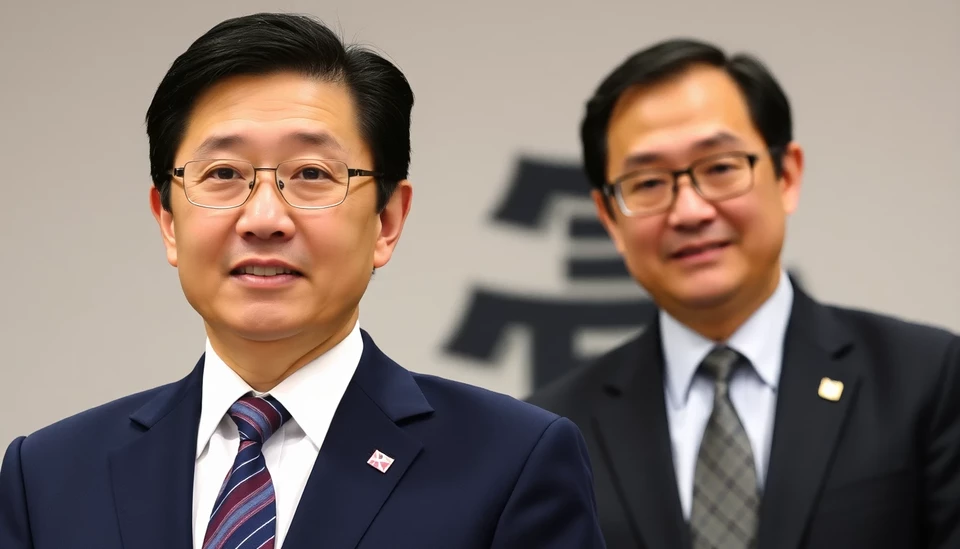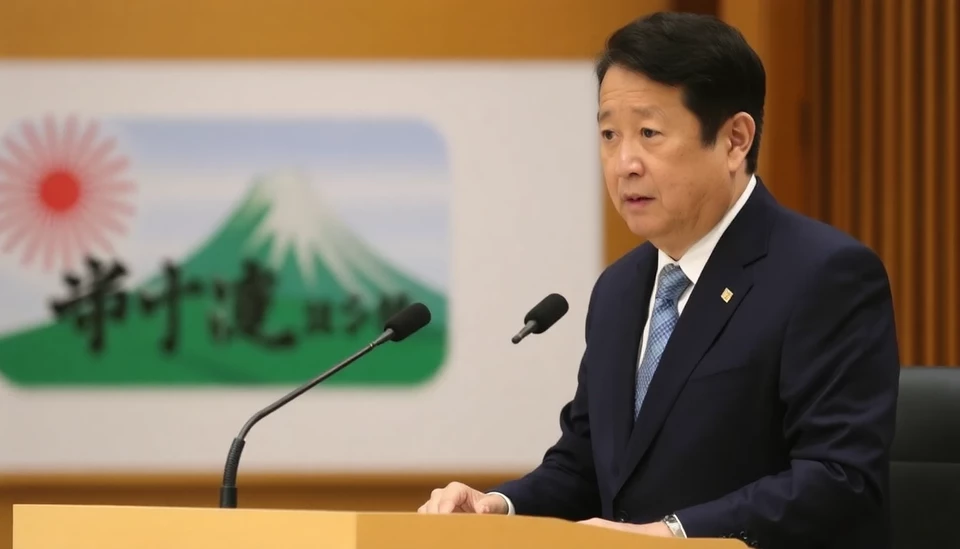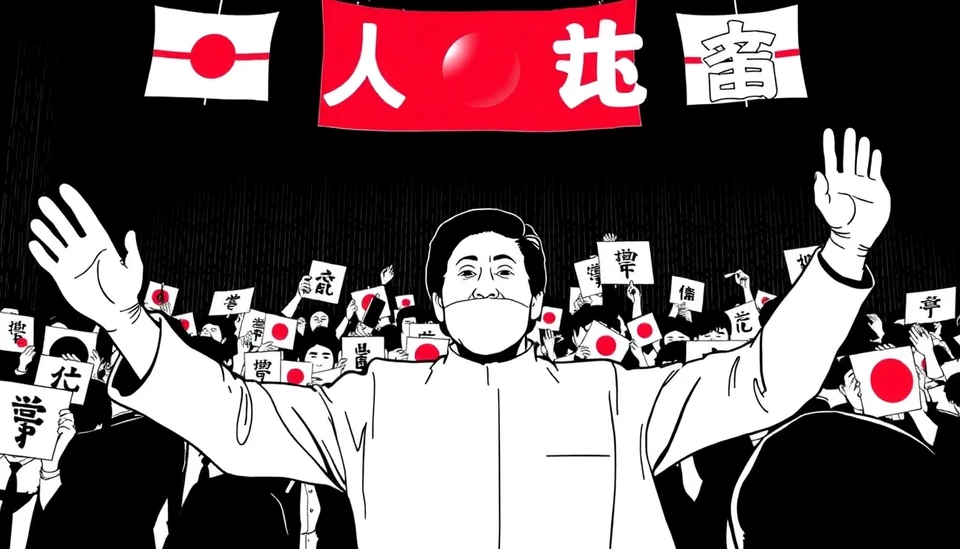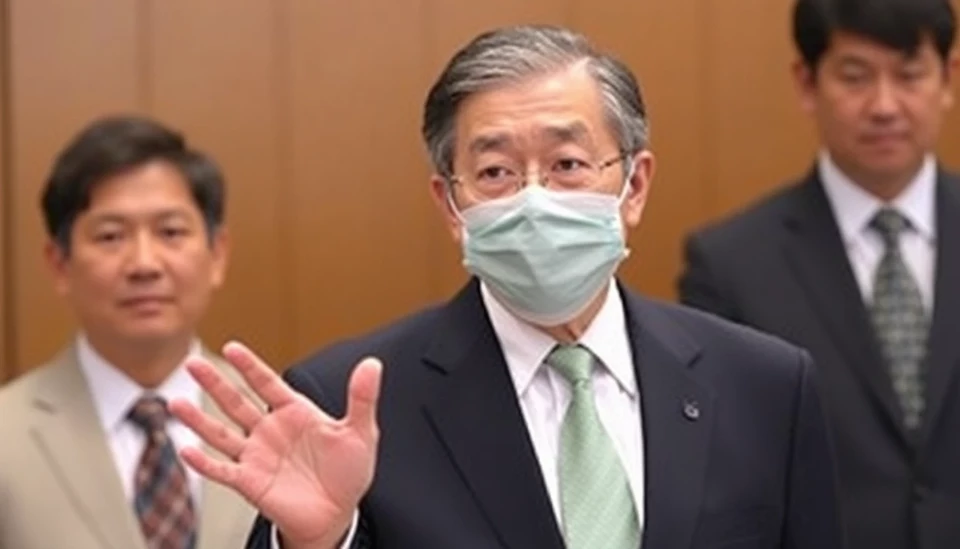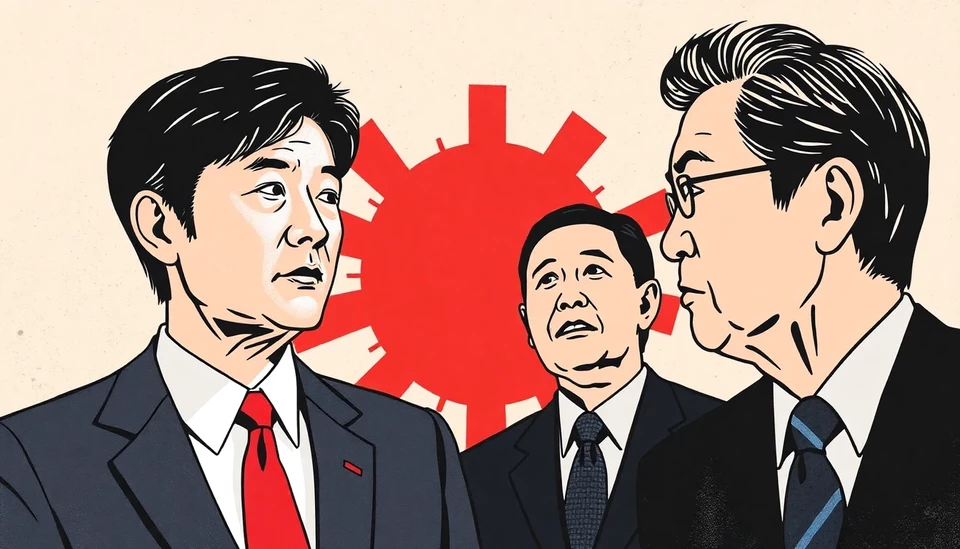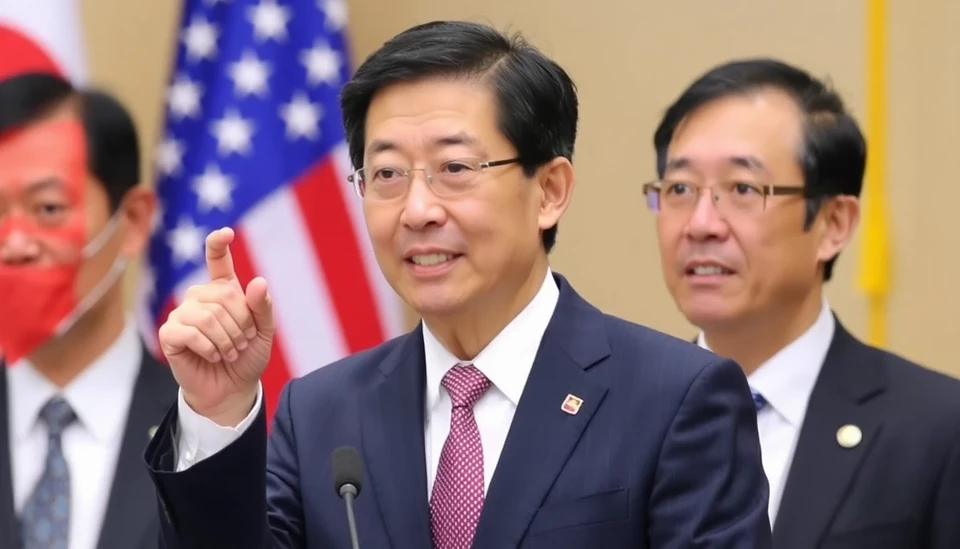
In a significant political development in Japan, an opposition party has vowed to block the government’s upcoming budget if prominent lawmaker Shigeru Ishiba persists in his stance regarding the nation’s tax ceiling. This ultimatum highlights the increasing tensions within Japan’s political landscape, particularly surrounding fiscal policy and economic sustainability.
The situation emerged as Ishiba, a key figure from the ruling Liberal Democratic Party (LDP), has taken a firm position on limiting new tax increases, which he argues are necessary to address Japan’s mounting debt and aging population. His assertions have sparked a heated debate within the government and among opposition parties who are pushing for more progressive tax reforms aimed at boosting social services and welfare programs.
As the budget discussions intensify, the opposition—which consists of several parties, including the Constitutional Democratic Party—expresses deep concerns that the proposed fiscal measures lack transparency and do not adequately address the current economic challenges faced by Japanese citizens. They argue that the tax ceiling should be reassessed to provide essential funding for healthcare, education, and infrastructure projects that are vital to the country’s future.
The conflict marks a critical juncture for Prime Minister Fumio Kishida’s administration, which has repeatedly emphasized the need for a balanced approach to economic recovery. Kishida has advocated for maintaining fiscal discipline, yet he also acknowledges the necessity of targeted investments to rejuvenate the country’s economy in light of the pandemic’s lingering effects.
Opponents of Ishiba’s position believe that freezing tax increases could lead to a stagnation of growth and undermine efforts to lift Japan out of its prolonged economic malaise. They point to the country’s shrinking workforce and a burgeoning social welfare burden as pressing reasons to revisit the tax framework. As the opposition rallies support for their cause, the stakes are high—the ability to pass the budget is crucial for maintaining government operations and funding public services.
As the clock ticks down to the budget vote, the dynamic between the government and opposition remains fraught. Observers will be keenly watching how Kishida navigates this challenging political terrain and whether any compromise can be forged to avoid a potential budgetary stalemate.
In conclusion, the unfolding budget negotiations serve not only as a barometer for economic policy but also as a reflection of the broader ideological rifts within Japanese politics. With imminent pressures from both supporters and detractors, the coming days will be pivotal for the future direction of Japan’s fiscal policy.
#JapanPolitics #OppositionBudget #TaxReform #EconomicPolicy #FiscalDiscipline
Author: Daniel Foster
